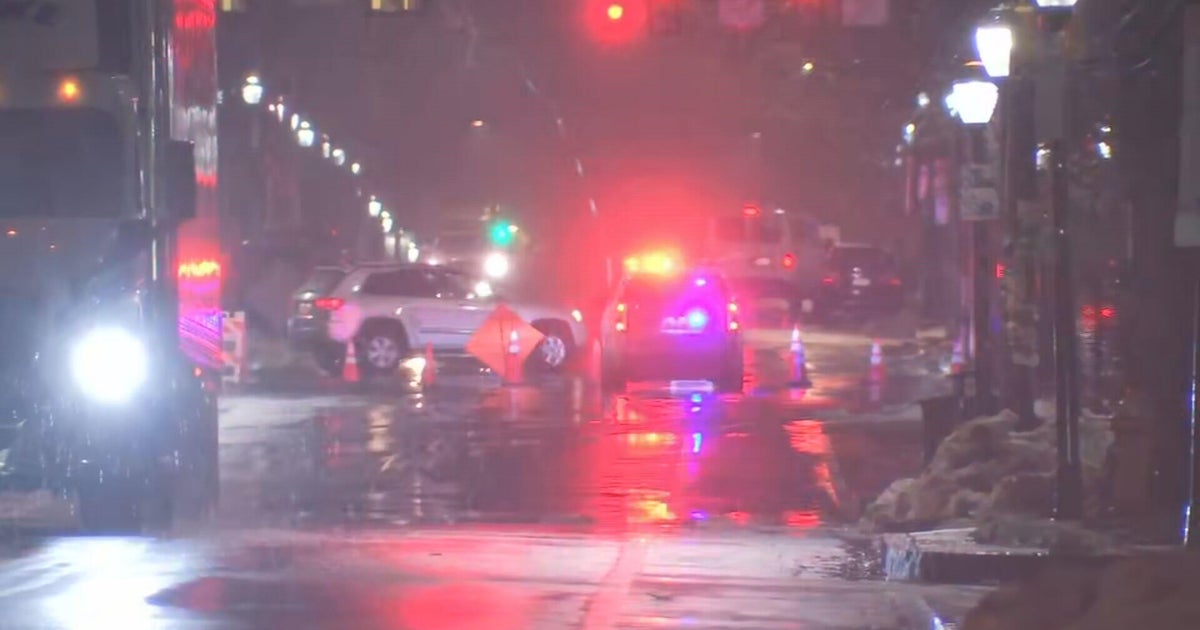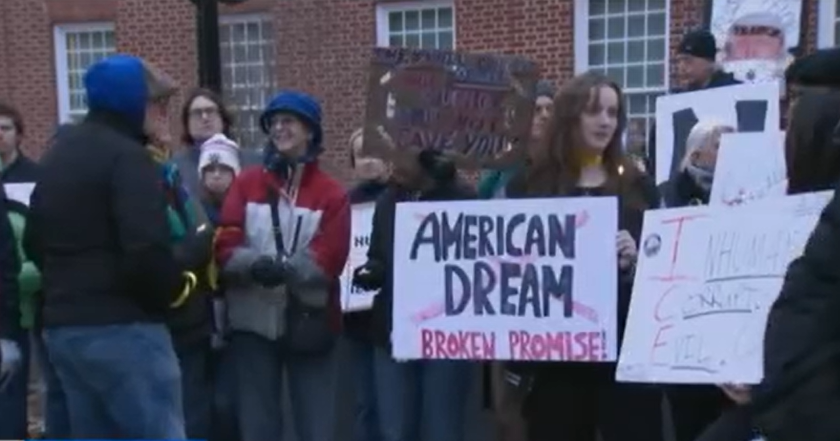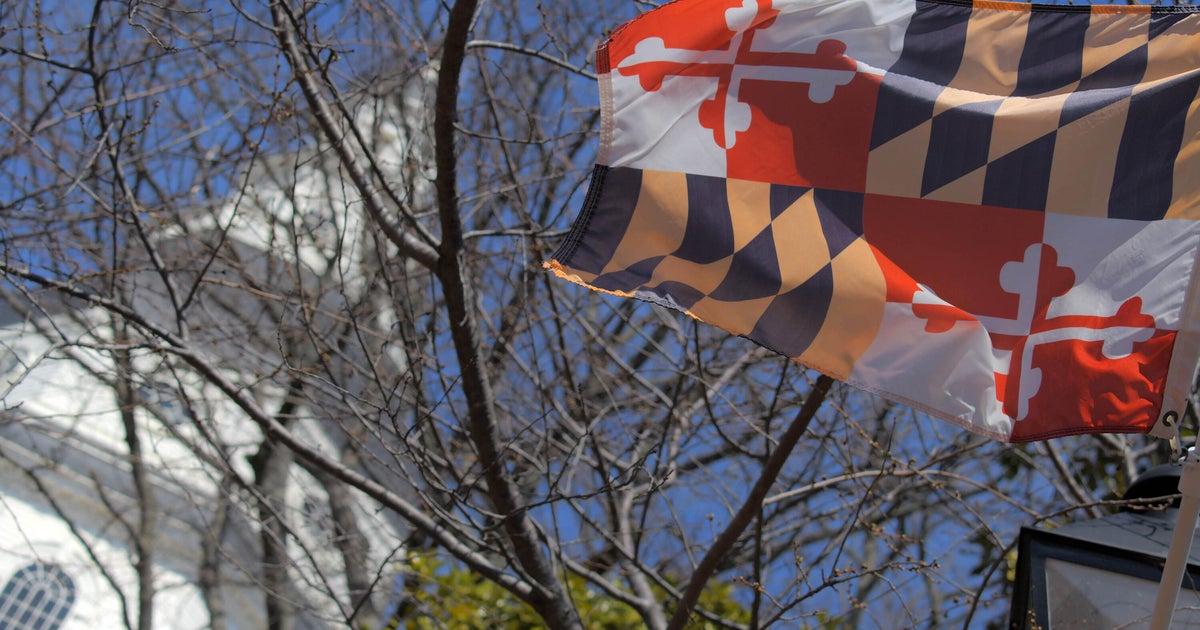Florida Cracks Down On Child Protection Laws
TALLAHASSEE (CBS/AP) — A host of new laws aimed at protecting Florida's children are officially on the books as of Monday.
Thirty new statutes went into effect Monday and child protection laws were a focus of the Florida Legislature with the new laws.
Inspired by the sexual abuse cover-up at Penn State University and the death of 2-year-old Caylee Anthony in Orlando; colleges and universities are now being held responsible for knowingly failing to report child abuse under a wide-ranging abuse reporting law.
Public or private colleges and universities could be now be fined up to $1 million for intentional unreported assaults.
Advocates are billing the new law as the toughest in the nation and also requires anyone suspecting a child has been abused by any person to report it to the Florida Abuse Hotline — 1-800-962-2873 — or 911 if there's an immediate danger.
"This law will help ensure all allegations of a child being harmed are immediately investigated by the appropriate agency," said Department of Children and Families Secretary David Wilkins. "Reporting child abuse is our moral and legal obligation."
Before Monday, the abuse hotline accepted complaints only if the alleged abuser was a caregiver. Now, abuse by anyone can be reported. Children and Families will continue investigating complaints against caregivers while allegations against others will be referred to local law enforcement agencies.
Other provisions increase penalties for those who know of abuse but fail to report it and improved training for teachers on recognizing and reporting abuse. The law also provides relocation assistance for sexual abuse victims.
A second new law will increase the maximum penalty for knowingly making a false or misleading statement to police about a missing child, such as Caylee, from a year in jail to five years in prison.
Caylee's mother, Casey Anthony, was acquitted of murder, but convicted on four counts of lying to investigators. The toddler wasn't reported missing until 31 days after she vanished in 2008.
Casey Anthony received the maximum sentence of four years, but finished it while awaiting trial on the murder charge. She could have received up to 20 years in prison if the new law had been in effect at that time.
Lawmakers opted to toughen the sentence rather than impose deadlines for reporting missing children. Law enforcement officials said that approach, which sponsors had dubbed "Caylee's Law," could have been confusing and counterproductive. The new law purposely does not use Caylee's name.
Another new law that went into effect provides legal protection for people who try to get medical assistance for drug overdose victims.
The "911 Good Samaritan Act" prohibits authorities from charging people with drug possession if they make a good-faith effort to get medical attention for those who have overdosed.
Overdose victims could not be charged based on evidence obtained as a result of seeking aid although it could be used in other prosecutions. Judges also could reduce sentences for defendants who make good-faith efforts to get or provide medical assistance to overdose victims.
(TM and © Copyright 2012 CBS Radio Inc. and its relevant subsidiaries. CBS RADIO and EYE Logo TM and Copyright 2012 CBS Broadcasting Inc. Used under license. All Rights Reserved. This material may not be published, broadcast, rewritten, or redistributed. The Associated Press contributed to this report.)







